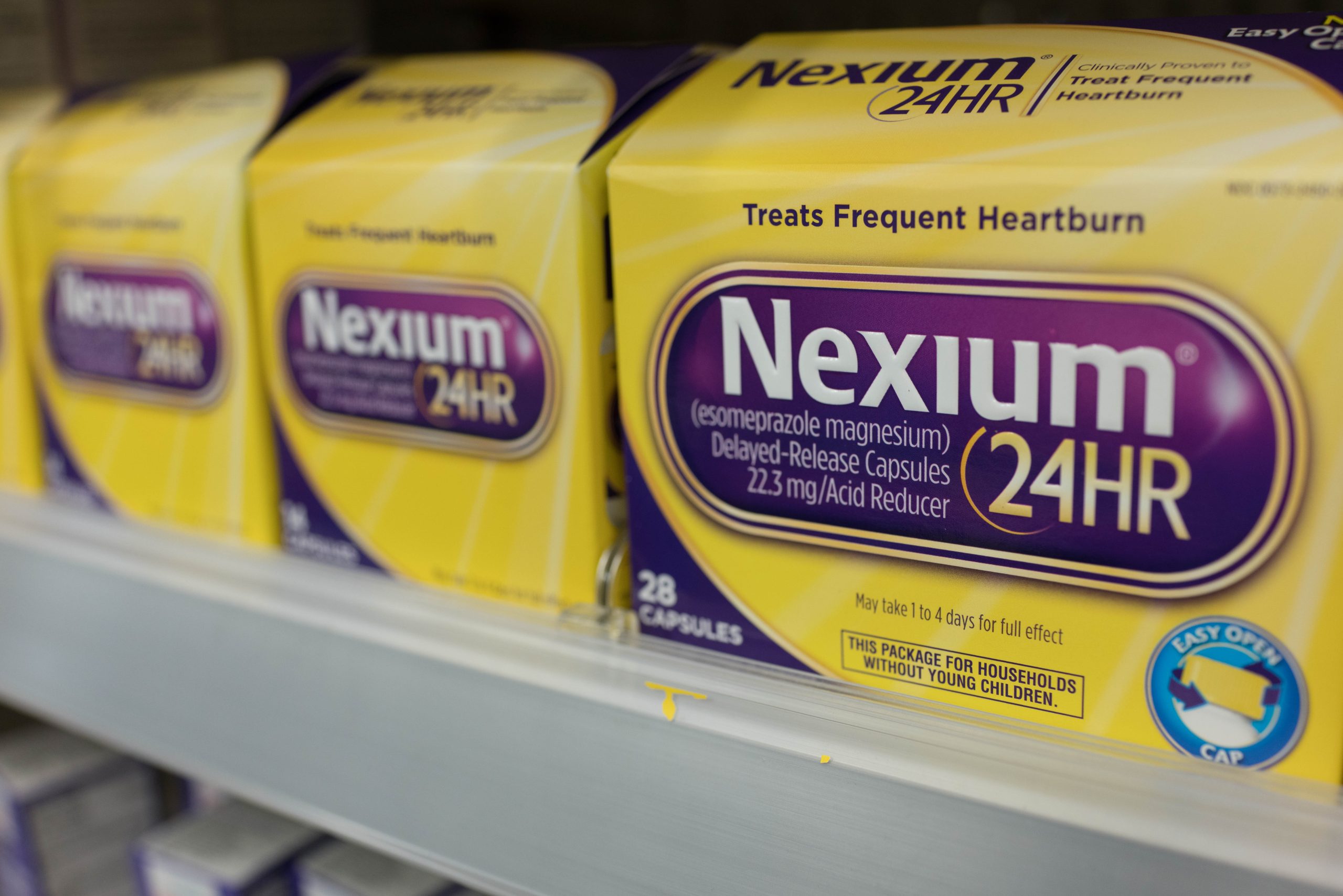Infection
Heartburn Drugs Like Nexium, Prilosec May Increase Risk of Serious Childhood Infections: Study
A new study raises serious concerns about the use of a popular class of heartburn drugs among children, including widely known brand names like Nexium, Prilosec, Prevacid and others, indicating that the medications may increase the risk of digestive tract, ear, nose and throat, respiratory, and kidney infections.
Known as proton pump inhibitors (PPI), the class of medications are designed to reduce the amount of acid in the stomach, treating gastroesophageal reflux disease (GERD), as well as heartburn, ulcers in the stomach and small intestines, and inflammation of the esophagus. In addition to Nexium, Prilosec and Prevacid, the class also includes the brand name medications Protonix, Zegerid, AcipHex, Dexilant and Vimovo, as well as a number of generic equivalents.
In findings published this month in the medical journal JAMA Pediatrics, French researchers indicate that doctors should avoid prescribing children PPI medications, unless there is a clear indication of their need.
Childhood PPI Infection Risks
The nationwide cohort study involved data on more than 1.2 million children born between January 1, 2010, and December 31, 2018, including more than 650,000 of whom were given either PPIs or other types of heartburn drugs for the treatment of gastroesophageal reflux disease and other gastric acid-related disorders. Researchers followed up with the children for serious infections or other adverse events until December 31, 2019.
According to the findings, exposure to drugs like Nexium and Prilosec were linked to a 34% increased risk of serious infections overall. This included a more than 50% increased risk of serious digestive tract infections; a 47% increased risk of ear, nose, and throat infections; a 30% increased risk of nervous system infections; and about a 20% increased risk in both lower respiratory tract infections, as well as kidney and urinary tract infections. The researchers found that the risks were increased for both bacterial and viral forms of infection.
During the study, about 152,055 children who were given PPIs were diagnosed with a new, serious infection, at a rate of about 2.99 per 100 person-ears. In addition, those children who had been previously exposed to Nexium, Prevacid and similar drugs in the past seemed to have a slightly higher risk of infections than those taking them for the first time.
“To our knowledge, this is the first study investigating the risk of serious infections associated with PPI use in young children for various sites and pathogens. Our results showed increased risks of serious infections overall but also risk of infections in the digestive tract, ENT sphere, lower respiratory tract, kidneys or urinary tract, and nervous system infections and both bacterial and viral infections,” the researchers concluded. “Proton pump inhibitors should not be used without a clear indication in this population.”
August 2023 Nexium, Prilosec Lawsuit Update
Although PPIs have been promoted for years as safe and effective, leading many to believe the heartburn drugs carry few serious side effects, manufacturers have faced thousands of Nexium lawsuits, Protonix lawsuits, Prilosec lawsuits and Prevacid lawsuits filed in recent years, each raising similar claims that plaintiffs were left with acute kidney injury, chronic kidney disease, end-stage renal failure and other unexpected health problems.

